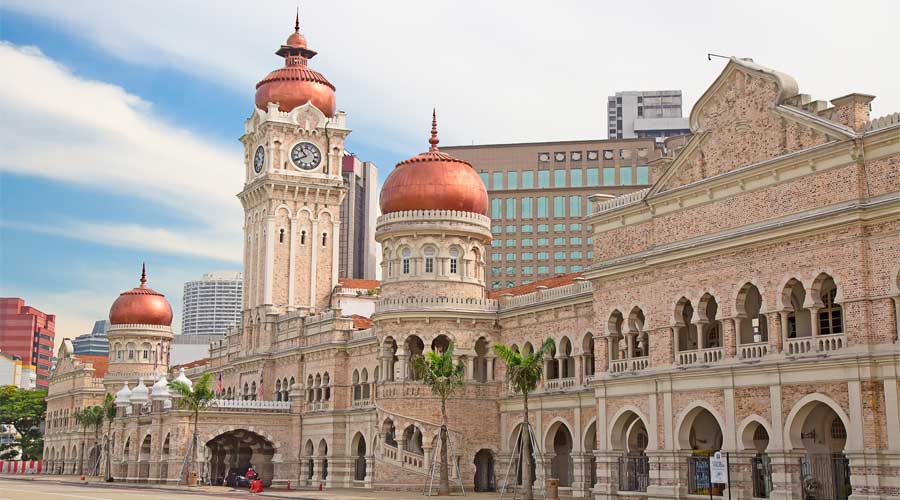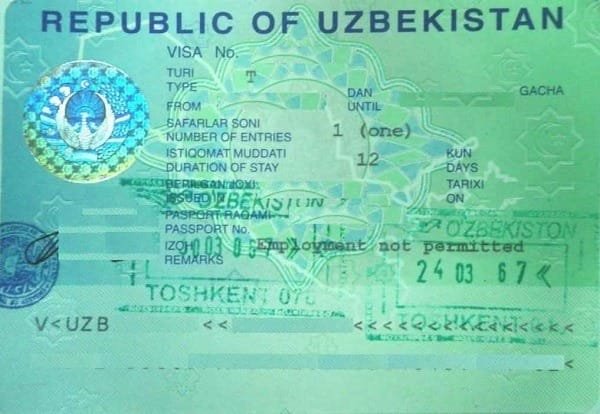Welcome To Bulgaria – Destination to Visit in Bulgaria
Bulgaria is a Balkan nation with diverse terrain encompassing Black Sea coastline, rivers, including the Danube, and a mountainous interior. A cultural melting pot with Greek, Slavic, Ottoman and Persian influences. It has a rich heritage of traditional dance, music, costumes, and crafts. At the foot of domed Vitosha mountain is its capital, Sofia, dating to the 5th-century B.C.E.
History Of Bulgaria
The History of Bulgaria, traced from the first settlements on the lands. Modern Bulgaria to the formation as a nation-state. Origin and history of the Bulgarian people. The earliest evidence of human occupation discovered the Bulgaria date from at least 1.4 million years ago.
Around 5000 BC, a sophisticated civilization existed and produced some of first pottery and jewelry in the world. After 3000 BC, the Thracians appeared on the Balkan peninsula. In the late 6th century BC, most of today’s Bulgaria came under the Persian Empire. In the 470s BC, the Thracians formed the powerful Odrysian Kingdom after the Persian defeat in Greece. Which subsequently declined and Thracian tribes fell under Macedonian, Celtic and Roman domination. This mixture of ancient peoples was assimilated by the Slavs, who permanently settled on the peninsula after 500 AD.
Meanwhile, in 632 the Bulgars, originally from Central Asia, formed an independent state north of the Black sea that became known as Great Bulgaria under the leadership of Kubrat. Pressure from the Khazars led to the disintegration of Great Bulgaria in the second half of the 7th century. One of the Kubrat’s successors, Asparukh, migrated with some of the Bulgar tribes to the area around the Danube delta, and subsequently conquered Scythia Minor and Moesia Inferior from the Byzantine Empire, expanding his new kingdom further into the Balkan Peninsula.
A peace treaty with Byzantium in 681 and the establishment of a permanent Bulgarian capital at Pliska south of the Danube mark the beginning of the First Bulgarian Empire. The new state brought together Thracian remnants and Slavs under Bulgur rule, and a slow process of mutual assimilation began. In the following centuries, Bulgaria established itself as a powerful empire, dominating the Balkans through its aggressive military traditions, which led to the development of distinct ethnic identity. Its ethnically and culturally diverse people united under a common religion, language and alphabet which formed and preserved the Bulgarian national consciousness despite foreign invasions and influences.
In the 11th century, the First Bulgarian Empire collapsed under Rus’ and Byzantine attacks and became part of the Byzantine Empire until 1185. Then, a major uprising led by two brothers – Asen and Peter of the Asen dynasty, restored the Bulgarian state to form the Second Bulgarian Empire. After reaching its apogee in the 1230s, Bulgaria started to decline due to a number of factors, most notably its geographic position which rendered it vulnerable to simultaneous attacks and invasions from many sides. A peasant rebellion, one of the few successful such in history, established the swineherd Ivaylo as a Tsar. His short reign was essential in recovering – at least partially – the integrity of the Bulgarian state. A relatively thriving period followed after 1300, but ended in 1371, when factional divisions caused Bulgaria to split into three small Tsardoms. By 1396, they were subjugated by the Ottoman Empire.
Following the elimination of the Bulgarian nobility and clergy by the Turks, Bulgaria entered an age of oppression, intellectual stagnation, and misgovernment that would leave its culture shattered and isolated from Europe for the next 500 years. Some of its cultural heritage found its way to Russia, where it was adopted and developed.
Culture Of Bulgaria
A number of ancient civilizations, including the Thracians, Ancient Greeks, Romans, Ostrogoths, Slavs, Varangians and especially Bulgars, have left their mark on the culture, history, and heritage of Bulgaria. Because of this Bulgarian nation has one of the richest folk heritage in the world. Thracian artifacts include numerous tombs and golden treasures, while ancient Bulgars have left traces of their heritage in music and early architecture.Thracian rituals such as the Zarezan, Kukeri, and Martenitza are to this day kept alive in the modern Bulgarian culture.
The oldest treasure of worked gold in the world, dating back to the 5th millennium BC, comes from the site of the Varna Necropolis.
Kukeri In Razlog
Bulgaria functioned as the hub of Slavic Europe during much of the Middle Ages, exerting considerable literary and cultural influence over the Eastern Orthodox Slavic world by means of the Preslav and Ohrid Literary Schools. Bulgaria also gave the world the Cyrillic script, the second most widely used alphabet[citation needed] in the world, which originated in these two schools in the tenth century AD.
Popular Bulgaria Destinations
1) Sunny Beach
2) Sofia
3) Burgas
4) Bansko
5) Nesebar
6) Varna
7) Sozopol
8) Albena
9) Borovets
10) Balchik













